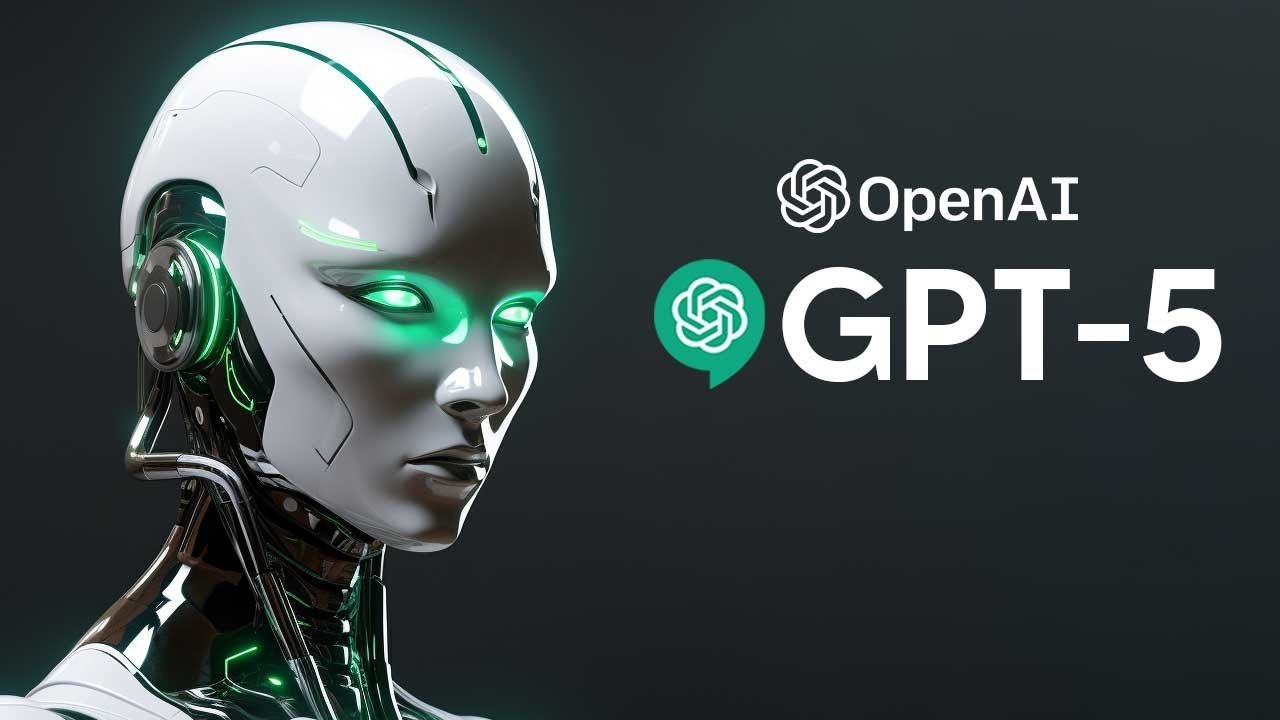OpenAI, the leading artificial intelligence research lab, has set ambitious goals for its next-generation language model, GPT-5. In recent statements, OpenAI’s Chief Technology Officer, Mira Murati, indicated that GPT-5 is expected to achieve “Ph.D.-level” intelligence in specific tasks.
What Does “Ph.D.-Level” Intelligence Mean?
The term “Ph.D.-level” intelligence, as used by Murati, doesn’t mean that GPT-5 will replace human researchers or become a universal expert. Instead, it signifies that the model aims to demonstrate proficiency and problem-solving abilities comparable to a Ph.D. holder in certain areas. This could include advanced language understanding, reasoning, and the ability to perform complex tasks across various domains.
Potential Applications and Implications
While still in development, GPT-5’s potential applications are wide-ranging. It could significantly impact fields like:
- Scientific Research: Assisting researchers in data analysis, hypothesis generation, and literature review.
- Education: Providing personalized tutoring and support for students.
- Content Creation: Generating high-quality articles, reports, and marketing materials.
- Customer Service: Powering sophisticated chatbots capable of handling complex inquiries.
- Healthcare: Analyzing medical data and assisting with diagnoses.
The development of such advanced AI systems raises ethical and societal concerns. OpenAI is aware of these challenges and has committed to responsible AI development, prioritizing safety and transparency.
Technical Advancements Driving GPT-5
While OpenAI has not released technical details about GPT-5, it’s expected to build upon the advancements of its predecessor, GPT-4. This could involve:
- Larger Model Size: Potentially increasing the number of parameters in the model to enhance its learning capacity.
- Improved Training Data: Using more diverse and high-quality data sources for training.
- Advanced Architectures: Incorporating novel neural network designs for better performance.
GPT-5’s development is ongoing, and a specific release date has not been announced. However, OpenAI’s ambitious goals have sparked excitement and anticipation in the AI community and beyond. As the model progresses, it will be crucial to monitor its development closely and address any ethical implications that arise.






























